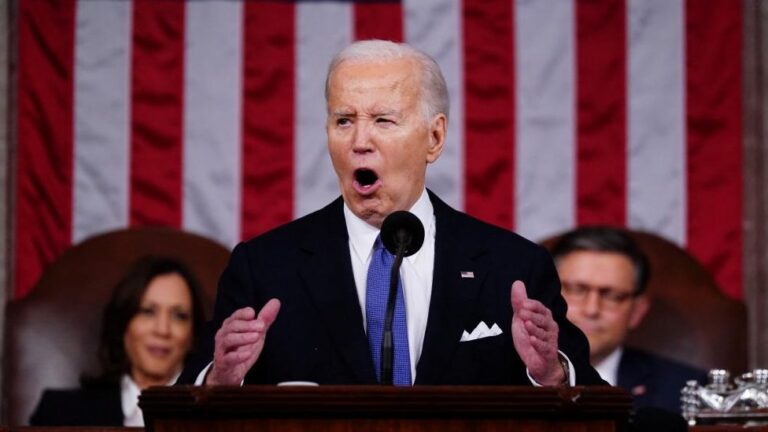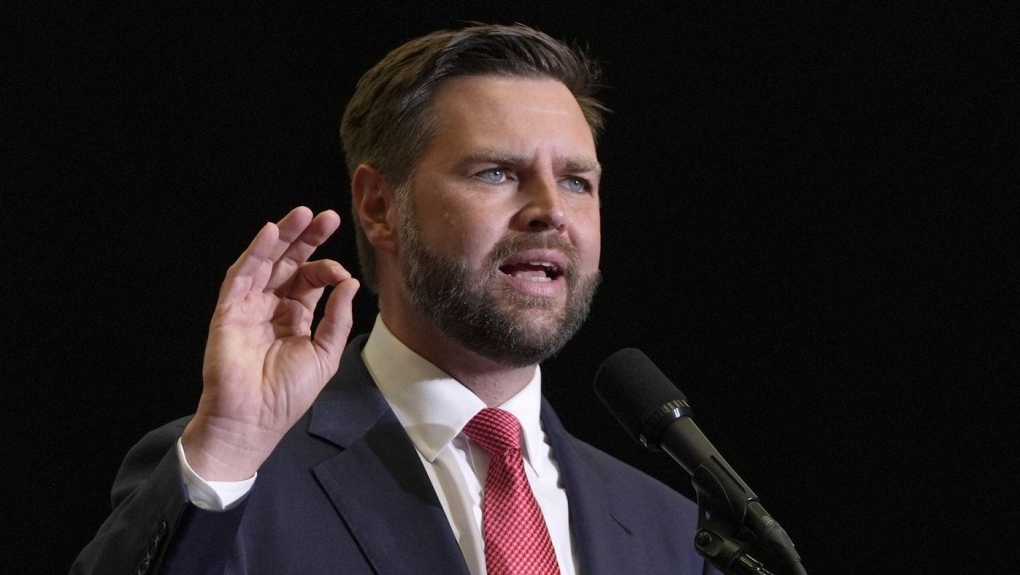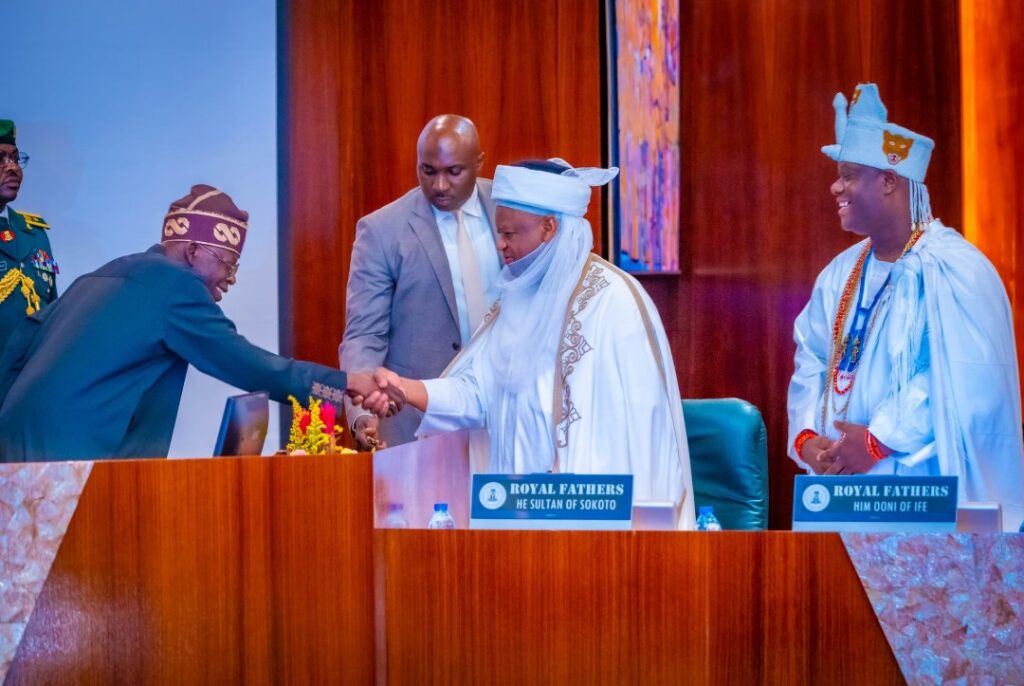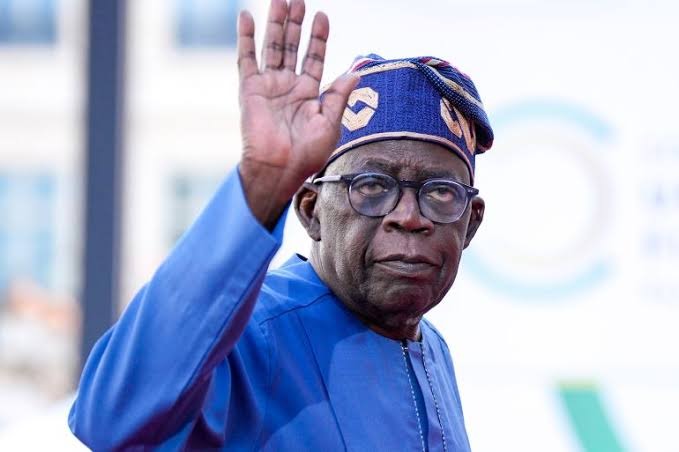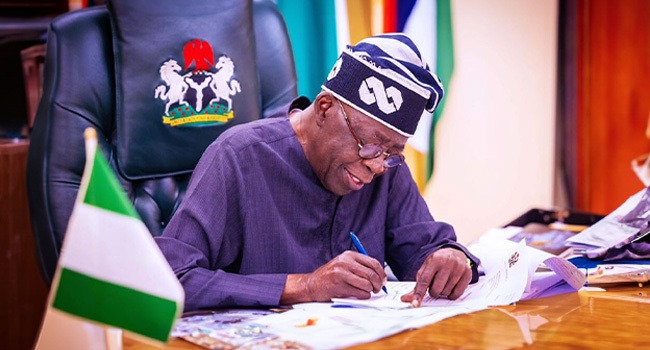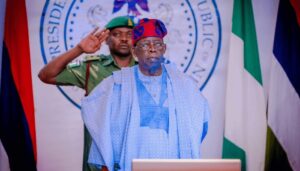President Joe Biden delivered an impassioned State of the Union address on Thursday, extensively addressing the contrasting approaches of his predecessor, Donald Trump, while outlining the overarching themes of his upcoming re-election campaign.
Throughout the speech, Mr. Biden referred to Mr. Trump as “my predecessor” a total of 13 times during the hour-long address. He levied accusations against his anticipated election adversary, asserting that Trump had displayed deference to Russia and condemning him for his handling of the Capitol riot.
In addition to addressing his critiques of Trump, President Biden delved into a range of significant topics, including immigration, abortion, the economy, and the situation in Gaza. The comprehensive address provided a thorough overview of the president’s priorities and key areas of focus for the coming political season.
The House chamber experienced bouts of lively enthusiasm, marked by Democrats’ spirited cheers and occasional heckling from some Republicans.
The scene unfolded as more reminiscent of a political convention than the typically ceremonial and policy-focused State of the Union address, as mandated by the Constitution.
In the context of an election year, with significant implications for President Biden, the atmosphere was charged. The President exhibited a feisty and confrontational demeanor, strategically positioning himself and outlining the battle lines for his burgeoning campaign.
Notably, a considerable portion of his pointed remarks was unsurprisingly directed at Mr. Trump, the anticipated opponent in the upcoming November general election. The rhetorical jabs served to underscore the political tension and set the tone for the unfolding electoral contest.
Addressing his predecessor’s tenure, President Biden asserted, “My predecessor failed the most basic duty any president owes the American people—the duty to care,” particularly emphasizing Mr. Trump’s handling of the Covid pandemic, deeming it “unforgivable.”
In his critique, President Biden took issue with Trump’s recent remarks on Russia and Nato, accusing him of attempting to “bury the truth” regarding the January 6, 2021, attack on the US Capitol. He held Trump responsible for the Supreme Court’s decision to overturn the Roe v Wade ruling, safeguarding abortion rights, and for impeding bipartisan immigration reforms.
In response, Mr. Trump vowed real-time engagement on his Truth Social platform, characterizing Biden’s statements as attempts to evade accountability for perceived failures. Trump contended that the current administration continued policies contributing to what he described as a “horror show” of devastating consequences.
President Biden’s assertive demeanor on Thursday may have stemmed, in part, from a sense of necessity. As the oldest president in U.S. history at the age of 81, he has faced persistent inquiries about his age and cognitive abilities.
Facing approval ratings that are the lowest among modern presidents seeking re-election, President Biden finds himself in a statistical dead heat with Mr. Trump, who is also grappling with negative voter perceptions.
Even when addressing his own age, Biden took the opportunity to deliver a subtle jab at Trump, highlighting, “I know it may not look like it, but I’ve been around for a while.” After listing positive attributes defining America, he concluded with a rhetorical kicker.
“Some of my contemporaries witness a different narrative: an American tale of resentment, revenge, and retribution.”
In a spirited exchange on immigration, President Biden frequently offered impromptu responses to a sometimes adversarial Republican audience. With a mix of quips, parries, and mock surprise at their interjections, he navigated the challenges of addressing a divided chamber.
However, when the conversation shifted to immigration, an area of political vulnerability for the president, he encountered a stumble. Republican Congresswoman Marjorie Taylor Greene accused him of neglecting the murder of Georgia nursing student Laken Riley, allegedly by an undocumented Venezuelan immigrant. In response, Mr. Biden held up a button with Riley’s name on it, a token given to him by Ms. Greene upon his entrance.
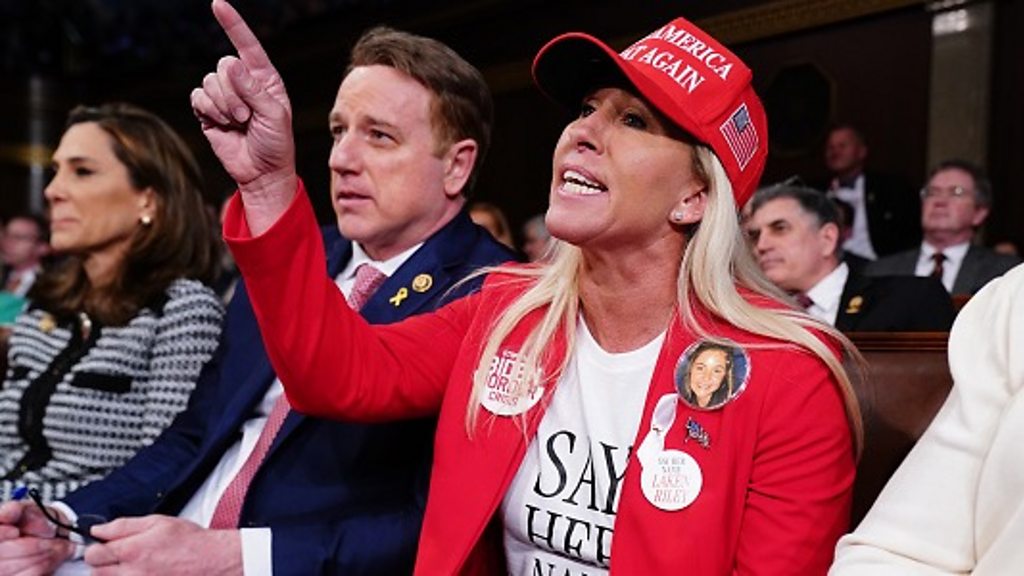
After apparently mispronouncing her name as “Lincoln” Riley, he attributed her murder to an “illegal,” a term contested by immigrant-rights groups.
Continuing, President Biden urged Republicans to back the bipartisan immigration legislation approved by the Senate. He accused Mr. Trump of “playing politics” by opposing the bill for electoral gain, though the potential fallout from his earlier remarks lingered.
Amidst throwing verbal jabs at his opponent, Biden took the opportunity to emphasize what he portrayed as a record of accomplishments in his first term and presented a persuasive case for his re-election.
“I inherited an economy that was on the brink,” he asserted, “and now our economy is the envy of the world.”
Recent indicators of the American economy have shown positive trends for several months. However, public perception of the economic landscape remains considerably more pessimistic.
Acknowledging this divide, President Biden characterized the resurgence of the U.S. economy as “the greatest story never told.” The effectiveness of his narrative in altering public opinion remains uncertain.
The speech was strategically tailored to appeal to the American middle class, a crucial demographic comprising a significant portion of the electorate. President Biden introduced a range of new proposals, most of which hinge on congressional legislation—an outcome that seems improbable unless Democrats regain control of the House of Representatives in the upcoming November elections.
Among the proposed measures were a tax credit for new home buyers grappling with diminished purchasing power due to increased mortgage rates. He also advocated for expanding a cap on prescription drug spending to encompass all Americans with health insurance, coupled with a call for increased corporate taxes.
While the initial segment of President Biden’s address focused on a plea for military aid to Ukraine, the majority of his foreign policy discussion emerged towards the conclusion, particularly directing attention to the Middle East.
Addressing the divisive Gaza conflict within the Democratic Party, President Biden outlined efforts toward a ceasefire lasting “at least 6 weeks.” He elaborated on a newly announced plan, unveiled earlier in the day, to construct a temporary seaport in Gaza, facilitating the entry of humanitarian aid by sea.
Expressing strong criticism for Israel, President Biden described the civilian casualties in Gaza as “heartbreaking” and emphasized the country’s “fundamental responsibility” to safeguard innocent lives.
The President’s speech, delivered without notable stumbles or gaffes, marks a significant milestone for him. Its content may serve as a blueprint for how his campaign intends to persuade the American public to support another four years of Democratic governance.
At a minimum, the speech is likely to reassure uneasy Democrats, assuring them that their presumed nominee is prepared to engage robustly with his Republican counterpart in the upcoming November elections.

